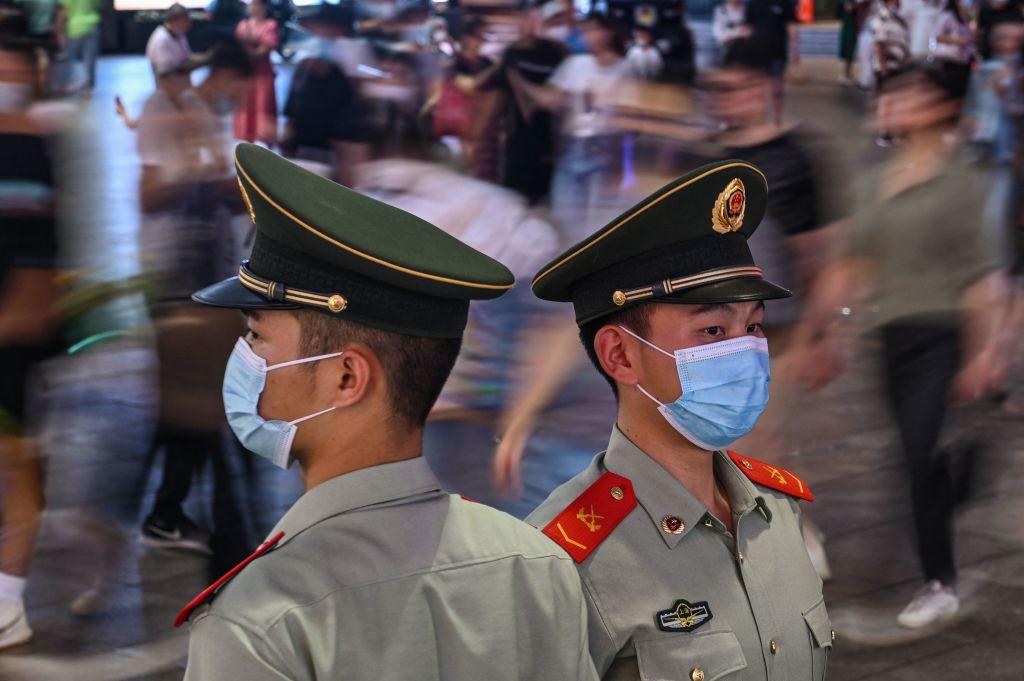Police have reportedly arrested the president of Wailian Group, a major Shanghai-based company that helps people immigrate to Canada and various other countries. The case has sparked concerns about the potential transfer of client information to Chinese authorities.
Former Liberal cabinet minister and ambassador to China John McCallum reportedly once acted as a representative of the company in Canada.





